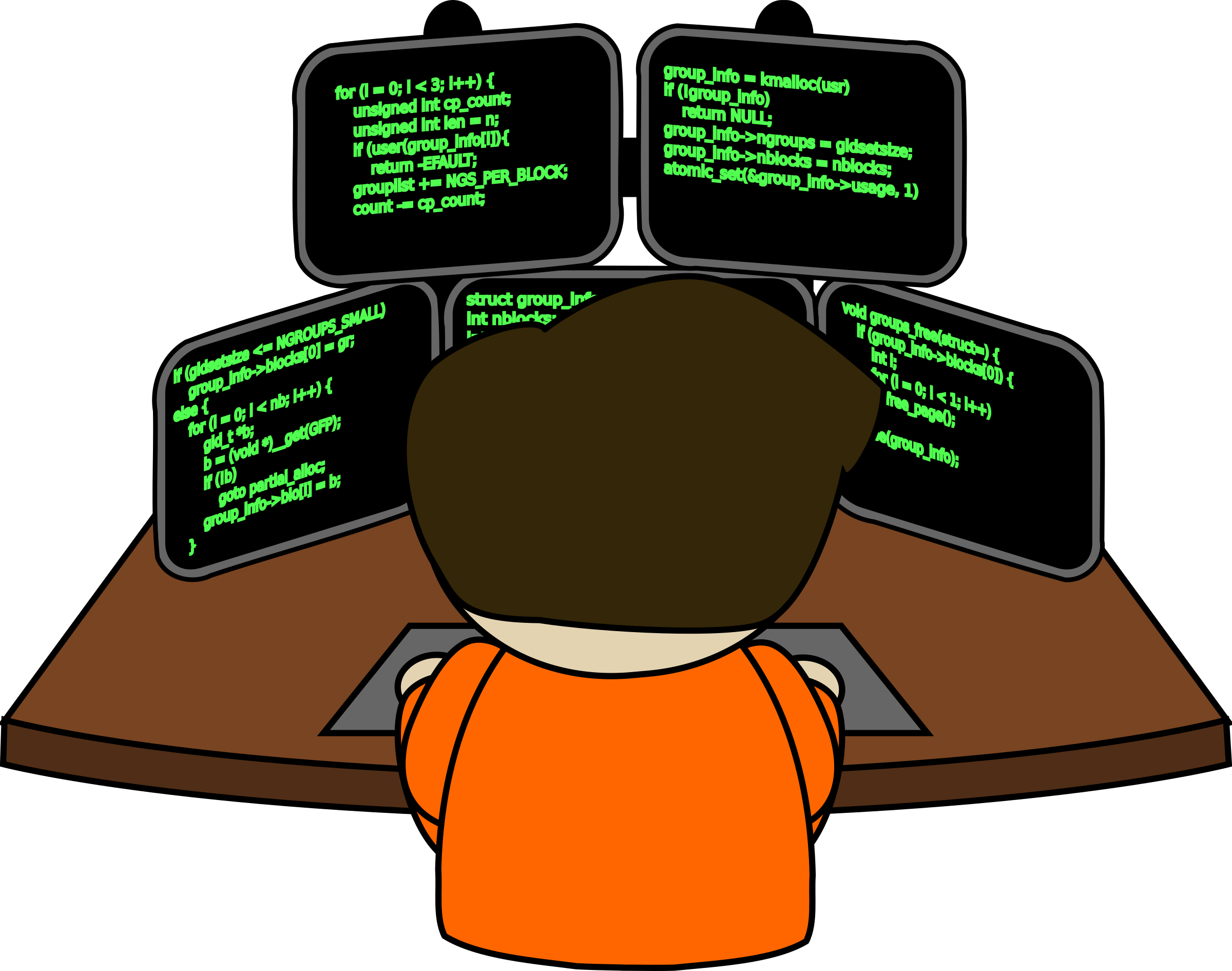-
Comprehensive Curriculum:
- A well-designed Java Full Stack Developer program typically covers a comprehensive curriculum that includes both front-end and back-end technologies. This might include HTML, CSS, JavaScript for the front end, and Java (or other relevant languages), databases, and server-side frameworks for the back end.
-
Hands-on Projects:
- Practical experience is crucial in software development. These programs often include hands-on projects that allow students to apply theoretical knowledge to real-world scenarios. Building actual applications helps in understanding the challenges and problem-solving skills required in a professional setting.
-
Industry-Relevant Tools and Technologies:
- The program should focus on the latest industry tools and technologies. This could include popular Java frameworks (Spring Boot, Hibernate), version control systems (Git), build tools (Maven, Gradle), and deployment tools.

-
Collaborative Learning:
- Many programs encourage collaborative learning, mirroring the teamwork that often occurs in professional software development environments. This might involve group projects, code reviews, and collaborative problem-solving.
-
Continuous Assessment and Feedback:
- Continuous assessment through quizzes, assignments, and exams helps students gauge their progress. Constructive feedback from instructors and peers is invaluable in improving coding skills and understanding best practices.

-
Industry-Connected Faculty:
- Having instructors with industry experience can provide valuable insights into the current trends, challenges, and best practices in the field. Guest lectures or mentorship programs with industry professionals can enhance the connection between academia and the industry.
-
Soft Skills Development:
- A holistic approach often includes the development of soft skills. This could involve communication skills, teamwork, time management, and problem-solving. These skills are essential for success in a professional environment.
-
Adaptability and Emerging Technologies:
- Given the rapid pace of technological change, a good program will emphasize adaptability and the ability to learn new technologies. Exposure to emerging trends such as cloud computing, DevOps practices, and microservices architecture can be valuable.
-
Internships and Industry Exposure:
- Internships or industry exposure programs can provide students with a taste of the actual work environment. This practical experience can bridge the gap between academic learning and industry requirements.
-
Networking Opportunities:
- Programs may offer opportunities for students to connect with professionals and alumni, creating a network that can be beneficial for future career growth.
In summary, a Java Full Stack Developer program drives students towards a career of excellence by providing a holistic and practical learning experience that combines technical knowledge with soft skills and industry relevance. Innovative pedagogical approaches are essential to keep pace with the dynamic nature of the IT industry.


